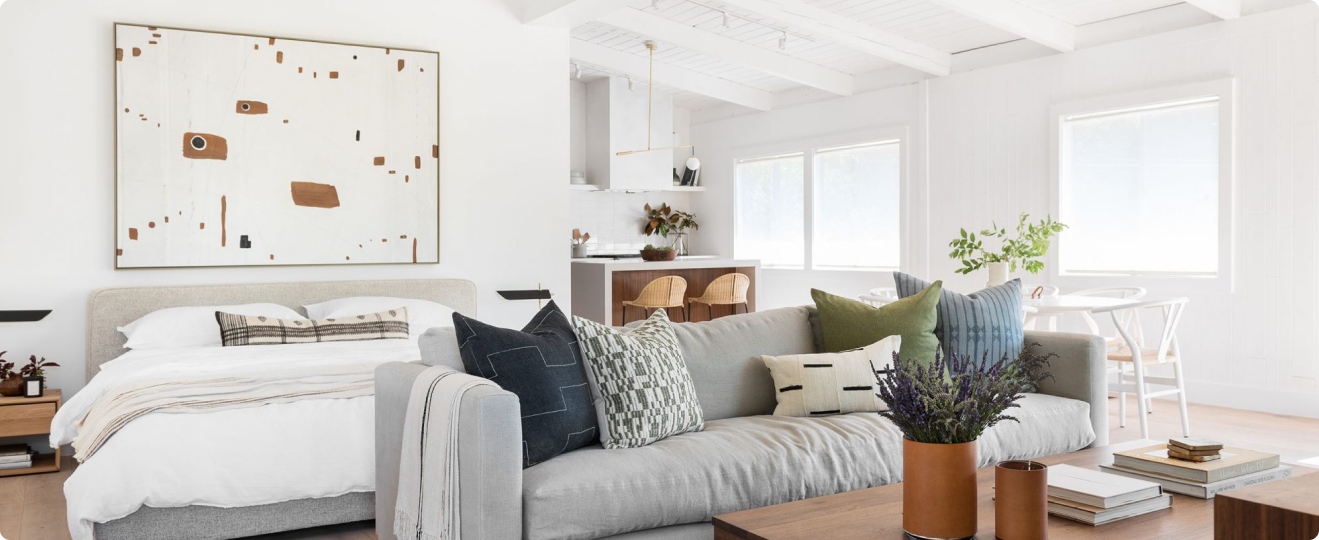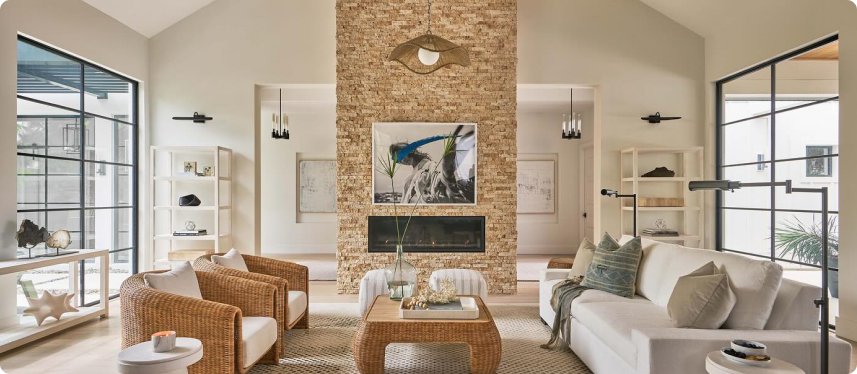
Why Choose A Modular ADU?
Choosing a modular ADU (Accessory Dwelling Unit) offers several advantages that make it an attractive option for homeowners in the Bay Area. Here are some key reasons to consider a modular ADU.
Quality Control
Modular ADUs undergo rigorous quality control measures during the manufacturing process. The controlled environment of the modular ADU Bay Area factory allows for precise construction techniques, adherence to building codes, and consistent craftsmanship.
Minimal Site Disruption
This type of ADU requires less on-site construction time and labor than traditional ADUs. The result? Less disruption to your main property during the installation process. The off-site construction also minimizes noise, dust, and inconveniences from construction.
Customization
Despite being factory-built, prefab ADUs offer a range of options to fit your needs and preferences. From layout configurations and interior finishes to exterior design elements, you can work with the modular ADU experts to personalize your unit.

| Size (in square feet) | Average Cost Range ($) |
| 400 – 600 | $80,000 – $150,000 |
| 600 – 800 | $120,000 – $180,000 |
| 800 – 1,000 | $150,000 – $220,000 |
| 1,000 – 1,200 | $180,000 – $250,000 |
| 1,200 – 1,400 | $200,000 – $280,000 |
Modular ADU Regulations
Modular ADU regulations ensure that the placement of modular ADUs aligns with the existing building codes. This guarantees a safe ADU and maintains the integrity of the surrounding neighborhoods. Here are some relevant regulations to consider:
- ADU ordinances: These local Modular ADU Bay Area ordinances set important standards regarding ADU size, setbacks, parking requirements, and other development standards.
- Maximum size limitations: The size of a modular ADU Bay Area project depends on lot size, zoning designation, and local ADU ordinances. Generally, the maximum allowable size for a modular ADU ranges from 400 to 1,200 square feet.
- Setbacks: Setbacks refer to the required distance between the modular ADU and the property boundaries or existing structures. Common setback requirements for modular ADUs in the Bay Area range from 5 to 10 feet from side and rear property lines.
- Height restrictions: Local jurisdictions also impose height restrictions on modular ADUs to ensure they integrate with the surrounding structures and do not obstruct views or sunlight. Depending on the specific zoning regulations, the maximum allowable height typically ranges from 14 to 20 feet.
- Design and Architectural Guidelines: These guidelines specify architectural styles, materials, exterior finishes, and roof design to maintain the aesthetic character of the neighborhood.
Permits Required for Modular ADUs
Permits ensure that your modular ADU construction meets local building codes, zoning requirements, and safety standards. Here is an overview of some of the permits that you’ll need for your modular ADU in the Bay Area:
- Building Permit– To obtain a building permit, you will typically need to submit detailed plans and specifications of your ADU, including architectural drawings, structural calculations, and any other required documentation.
- Utilities permit: This includes permits for water, sewer, and electrical connections to ensure compliance with local regulations and utility service providers.
- Engineering and structural permits: Major structural modifications to your modular ADU, such as foundation work or changes to load-bearing walls, require these additional permits.
- Environmental review: Some jurisdictions in the Bay Area require an environmental review process for ADUs. This will mainly involve assessing the potential impacts of the ADU construction on the environment, such as drainage, vegetation, or wildlife habitat.
Work With Our Modular ADU Experts
Modular ADUs have gained popularity as a practical and efficient alternative to traditional construction methods. Contact our team of experts at ADU Specialist Bay Area today to discuss your specific needs and get a personalized consultation. We’ll help you discover how a modular ADU can enhance your living space.
FAQs
In general, the installation process can be completed within a few weeks to a couple of months
Yes, you can rent a modular ADU as a separate dwelling unit in the Bay Area, subject to local regulations and applicable rental laws.
If applicable, a modular ADU in the Bay Area typically requires separate utility connections for water, electricity, sewer or septic, and gas.
Yes, modular ADUs can be installed on sloped or uneven terrain. Site preparation and foundation design may be necessary to ensure stability and compliance with local requirements.
Yes, in some cases, existing structures such as garages or sheds can be converted into modular ADUs.
Yes, but moving a modular ADU involves careful planning, permits, and professional assistance to ensure a successful move.